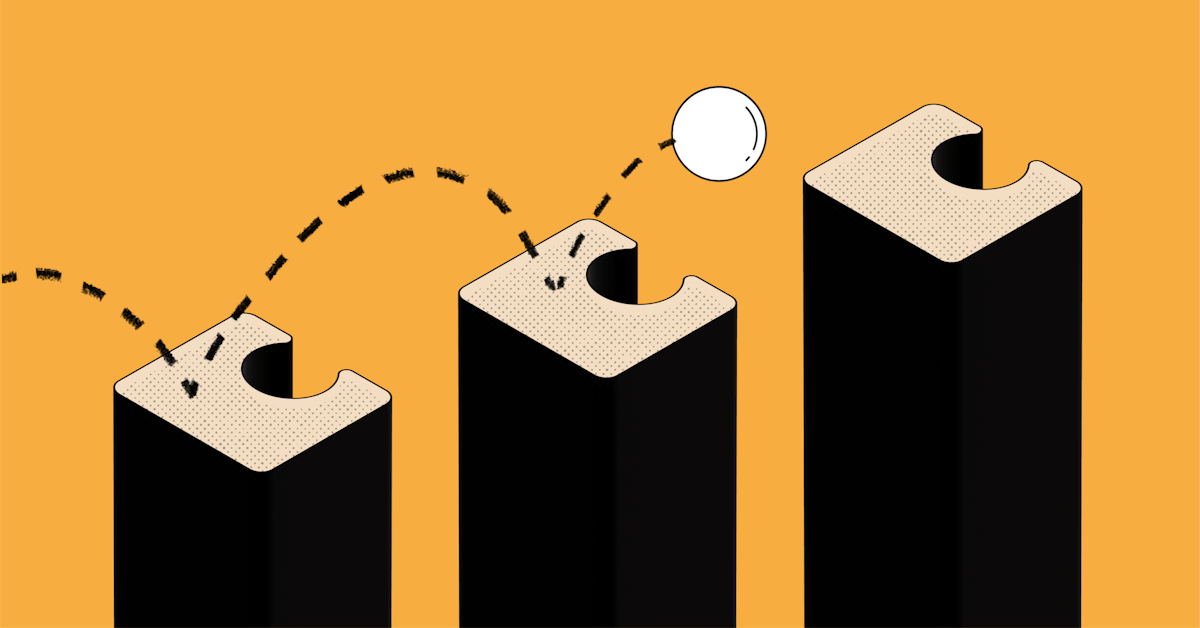How I built a thriving business on Coda Packs
Have you built something great, but nobody used it? That’s why I shifted my career to solve problems for people who need and use my solutions every day.


Leandro Zubrezki
Founder at Packs4Coda
Engineering · 5 min read












